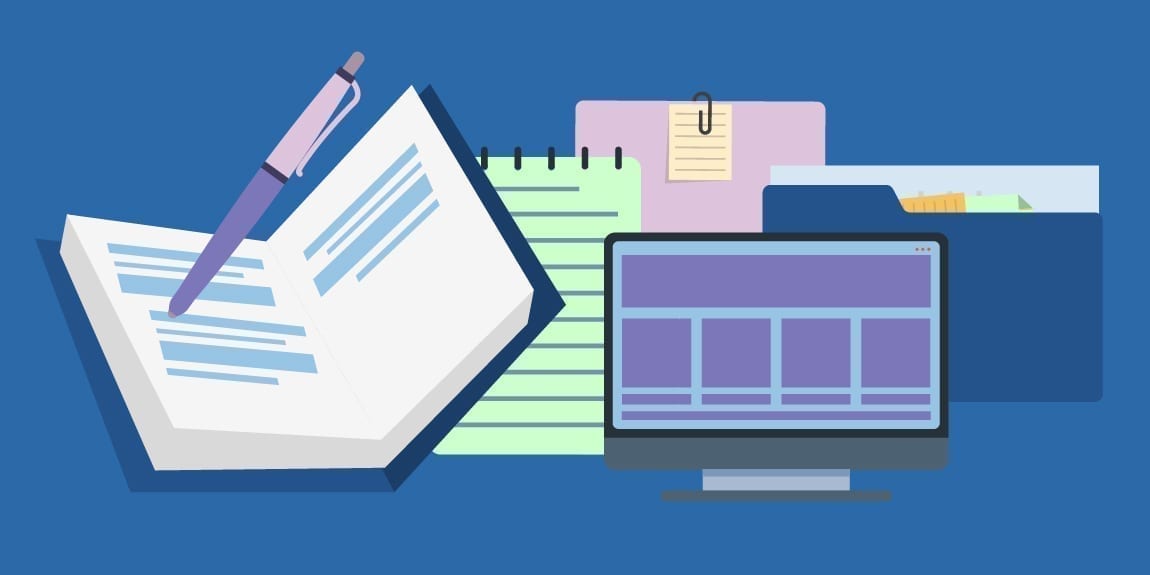Every time you get a new machine or gadget, you open its manual first to read about it. The manual helps you understand the working of your gadget and guides you about how to use it properly. Without it, you might still end up figuring out how to make the machine work, but you can make a few mistakes before you get to that point. Sometimes, those mistakes can be damaging for a machine. It can get damaged before you had even begun using it. This is why reading the manual is the wise thing to do. It is a guide sent to you by the creators of the device in your hand because they want you to know what’s the best way of using something.
The manuals also tell you some very important functions of a machine, which you would have been unable to figure out by yourself. However, there are many things about a machine that aren’t mentioned on a manual. Take a smartphone, for instance. The manual will tell you where the power button is or which are the volume keys but it won’t tell you much about the functioning of your device. You will have to use the phone to figure out its system. If you don’t use it at all and expect to figure it out by looking up information, you won’t get anywhere. There is nothing that the manuals and guides can you tell about a phone which you would understand without touching it. You will have to pick it up and go through its functions to figure out what it can do and how you can use its features for your benefit.

The manuals are only helpful to those in possession of a device or machine. Someone reading your phone’s manual will not be able to benefit from it if they don’t have your phone. In specific fields, the right information is only helpful in the hands of the experts. A very famous mathematic paper will give a biology major no insight about mathematics. It might as well be gibberish to them. For a math teacher, on the other hand, it can be a pretty useful document. This is why it is important to remember that good information is only beneficial if it is handed over to the right person. Someone not familiar with the details mentioned in the information will not be able to make anything of it, regardless of how good or valuable it is.
Legal Translation:
The world is inhabited by people who speak more than seven thousand languages. In order to connect them with each other and create an atmosphere of harmony, we take help from translation. There are various types of translation, with each being totally important. Legal translation is what helps us in courts. Cases involving foreign suspects and witnesses can get settled down with its help. However, like every other field, legal translation requires experts. Only those with the right qualification and plenty of experience in the field can provide accurate translations. Someone with not enough legal knowledge can mess the interpretation just as easily. Because it isn’t just about replacing the legal terminology with its alternative terms from another language, it also has to make sense. If the full document is not written in the right format and doesn’t follow the legal pattern it should, it would not be a valid interpretation and will be rejected by the court.
Overview of Legal Translation Dictionaries:
Since legal terminology is quite complex, there was a need for dictionaries to help with the interpretation. These dictionaries contain all the important terms and their translations. Plenty of these dictionaries are easily available online. But sadly, their presence made people think that they can handle legal translations themselves. People thought that all they had to do was look up the translations of terminologies in a dictionary, put them in place of the original words, and they will be able to produce nice interpretations. However, that isn’t how it works. Legal translation dictionaries were created to help translators with their job. The terms used in courts are quite complicated and they also get updated sometimes. Sometimes, a translator might forget a term or not be aware of its updated form. As a result, they will have to look for a solution, something which was offered in the face of these dictionaries.
They are designed to make translation easy but only for the experts. Someone who doesn’t know how translation works and what’s the legal format they should be following cannot benefit from a dictionary. In fact, they might make things worse as a result of using one incorrectly. This is why this tool should only be used by those who know what they are doing.

There are a few people who question the usefulness of these dictionaries. They also wonder they are accurate or not. Legal translation dictionaries are very helpful and most of them are highly accurate. An experienced translator can easily figure out which one is the right one by going through it randomly. A lot of these dictionaries are available online so the translators shouldn’t have to go to any trouble of finding them. It is a blessing for the translators who sometimes find it hard to keep all the legal terms straight in their head. However, if you are not a translator, you should stay away from legal dictionaries.








